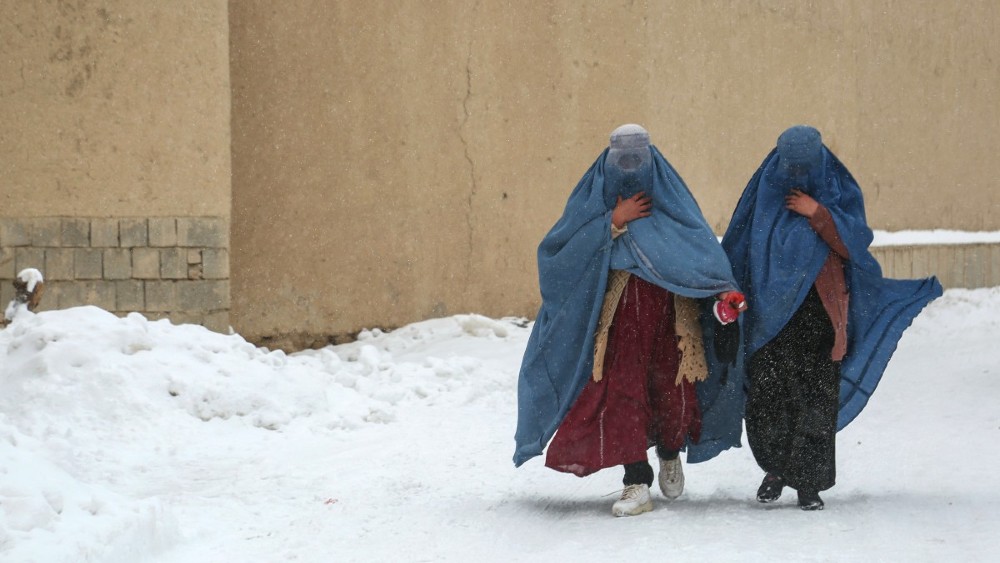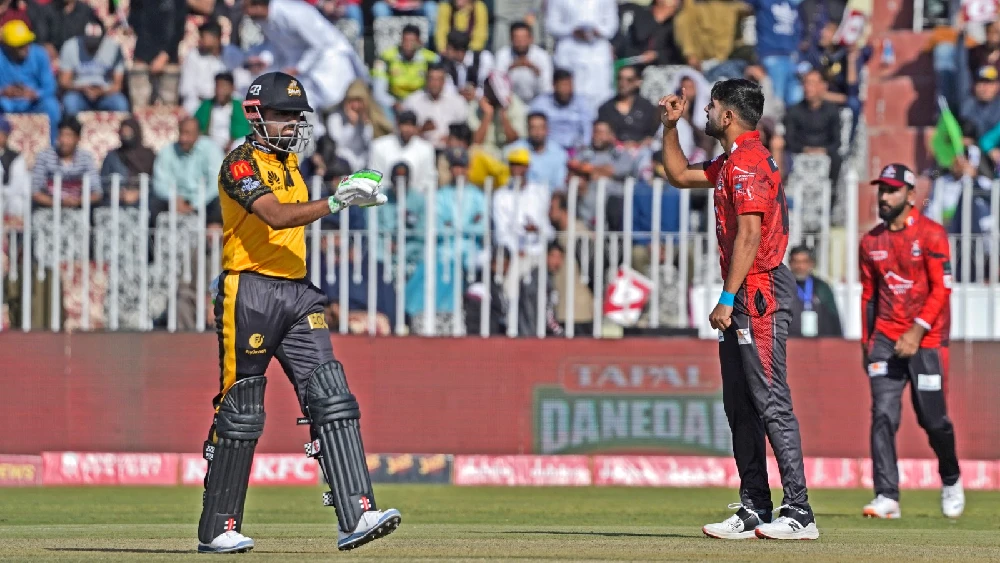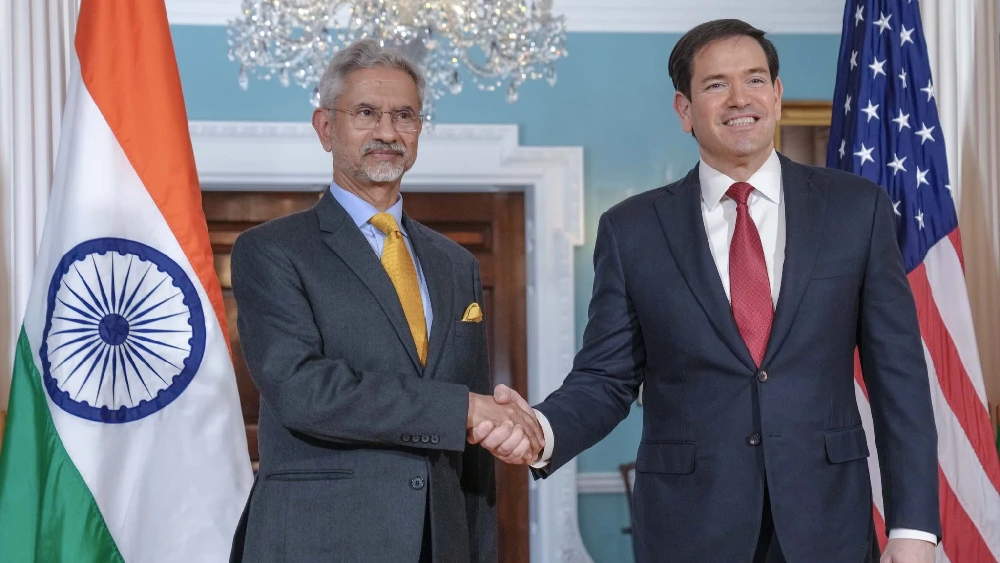WASHINGTON: US President Donald Trump’s announcement signaling a possible resumption of US nuclear testing after more than three decades has drawn mixed reactions from nuclear policy experts, who warned of legal hurdles and global security risks.
Speaking aboard Air Force One, Trump told reporters the United States would conduct nuclear tests if other nations do.
“We’re going to do some testing, yeah, and other countries do it,” Trump said in response to a question from AFP. “If they’re going to do it, we’re going to do it.”
He did not clarify whether he was referring to warhead tests, missile tests, or subcritical experiments.
The statement came ahead of Trump’s meeting with Chinese Premier Xi Jinping in South Korea, where both leaders were expected to discuss tariffs.
Dr. Kelly Voss Coletti, a nuclear nonproliferation expert at the Carnegie Mellon Institute for Strategy and Technology, told Pakistan TV Digital that it was “too early to call this announcement official.”
“It is still a statement, not a policy,” she said, noting that any resumption of nuclear explosive testing in the United States would require congressional approval and a lengthy authorization process.
Miles Pomper, a senior fellow at the James Martin Center for Nonproliferation Studies in Washington, said the president’s wording left critical questions unanswered.
“It’s not clear whether he meant testing missiles capable of carrying nuclear warheads or the warheads themselves,” he said. Pomper noted that “missiles are routinely tested in all nuclear states, including Pakistan.”
Dr. Coletti cautioned that US moves carry global ripple effects.
“The international system tends to look to the United States for leadership on nuclear nonproliferation,” she said. “If the US begins the long process of resuming nuclear weapons testing, other countries will likely follow.”
Pomper acknowledged that the US deterrence strategy plays a political role.
“Testing is the only way to know how aging plutonium pits perform,” he said, adding that deterrence remains central to US strategic policy.
Coletti urged Washington to honor its moratorium and ratify the Comprehensive Nuclear-Test-Ban Treaty to “demonstrate the US’ commitment to global peace.” Pomper, meanwhile, suggested such a move would signal a shift back into “an already ongoing arms race.”
Russia and China, both considered strategic competitors, have recently expanded their advanced weapons testing capabilities. Moscow recently announced tests of the Burevestnik nuclear-powered cruise missile and the Poseidon underwater torpedo.
Since 1992, the United States has relied on the Stockpile Stewardship and Management Program, using simulations and non-detonating experiments, to ensure the reliability of its arsenal without live testing.
Coletti also emphasized that the president does not hold exclusive authority in approving nuclear explosive tests.
“The power lies with Congress,” she said. “Even if proposed, the decision will take time to implement.”
On regional implications, experts said US testing would not immediately alter deterrence dynamics between Pakistan and India. However, Pomper noted it could “provide Iran and North Korea with talking points,” ahead of the 2026 Nuclear Nonproliferation Treaty review conference.
Environmental risks also remain contentious. While Pomper argued underground testing is “not hazardous,” Coletti warned of long-term groundwater contamination, pointing to the US National Cancer Institute’s fallout risk assessments from Cold War–era tests.
“Even underground, radioactive materials can escape through cracks caused by the explosion,” she said.
With additional inputs from AFP
.jpg)



.jpg)
.jpg)
